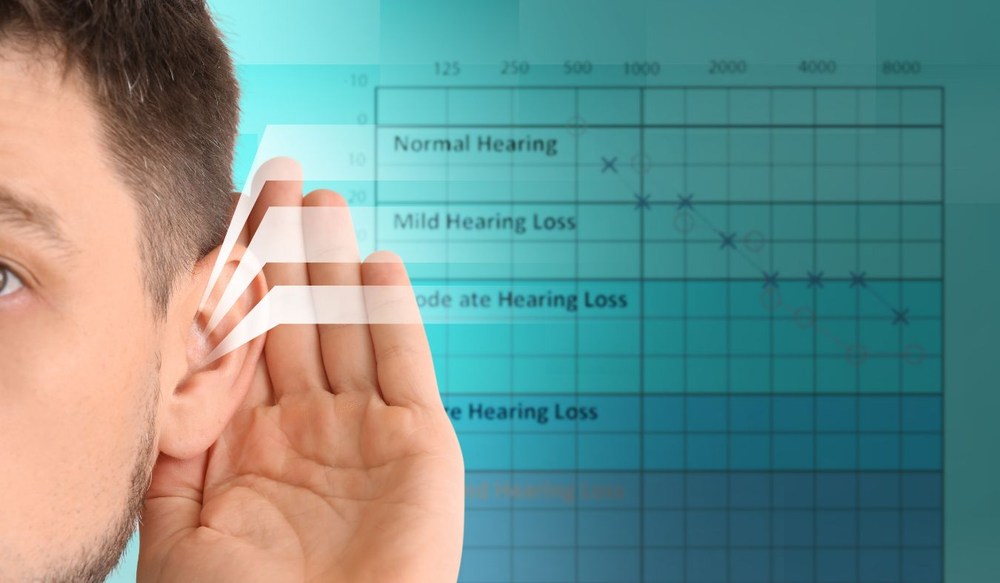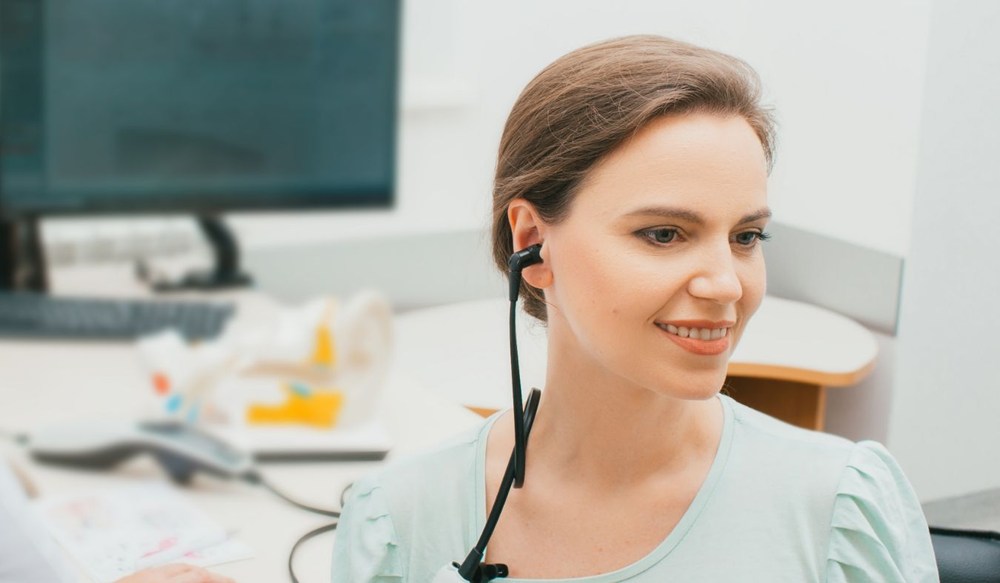How to Advocate for Yourself During a Hearing Test
A hearing test isn’t just something that happens to you while you


A hearing test isn’t just something that happens to you while you

Summer is a time for outdoor barbecues, beach trips and long walks in the

When you find yourself asking people to repeat themselves more frequently